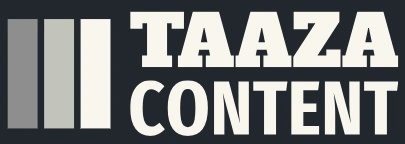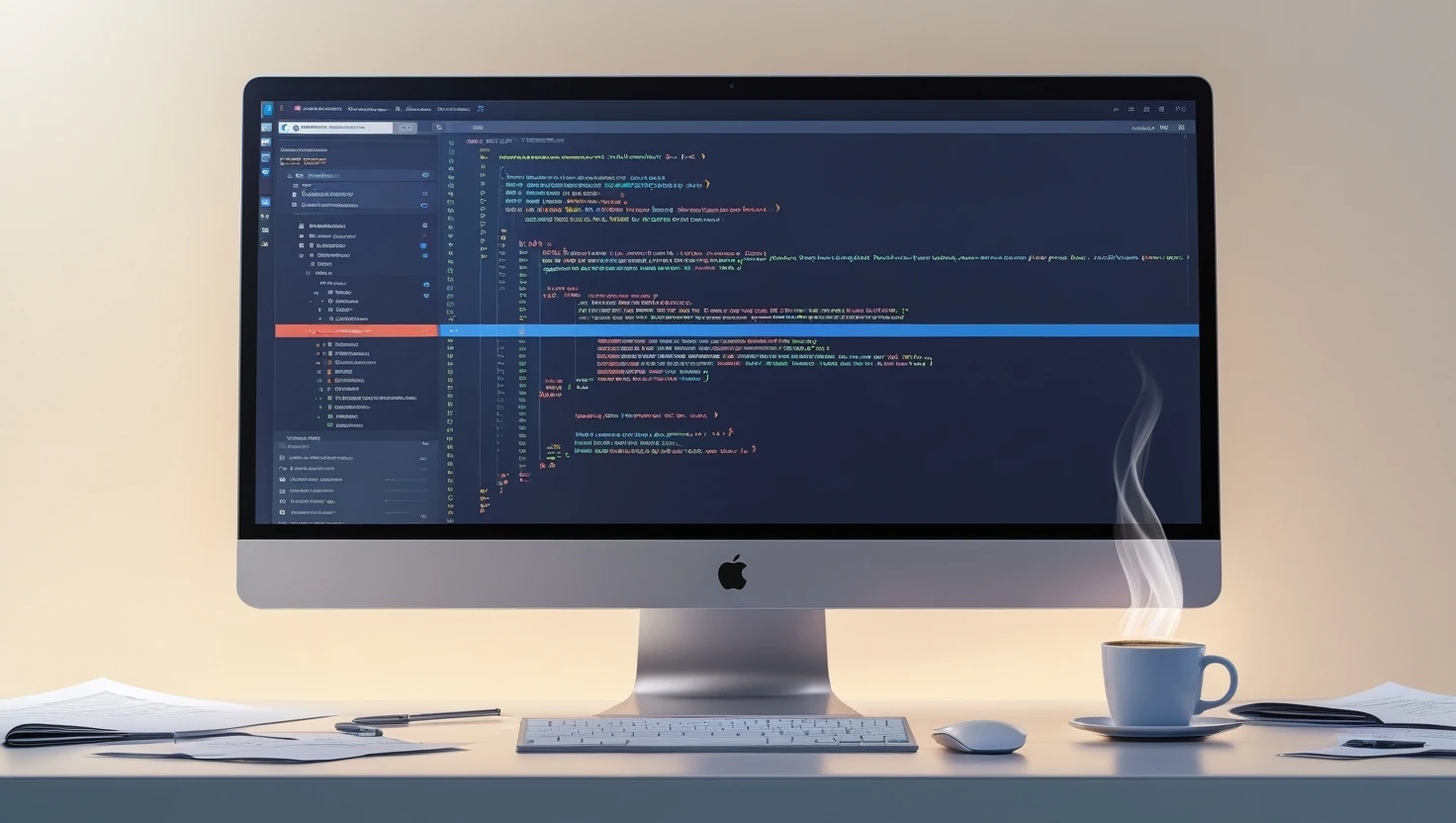Top 10 Courses in India That Build Careers — High-Demand Degrees & Career Paths
Choosing the right course after school or graduation is a turning point that shapes a student's career path and long-term opportunities. This article presents the Top 10 Courses in India that build strong, resilient careers—combining established professional degrees with modern, high-growth programs. For every course we explain why it matters, what job roles it commonly leads to, typical entry routes, and practical steps to boost employability. You will find options ranging from engineering and medicine to data science, law, chartered accountancy, design, and allied health. Each entry discusses industry demand, typical employers, and realistic salary expectations based on recent market reports. The guide balances short-term returns and long-term growth: we flag where specialization helps, which certifications add value, and how internships or projects translate into job offers. The aim is not to name a single "best" course but to help you match interests, aptitude, and financial considerations with market realities. Whether you are a school-leaver choosing a bachelor’s stream, a graduate thinking about a professional diploma, or a working professional planning a career switch, this guide gives clear, actionable advice. We include sample timelines, exam and admission tips, portfolio suggestions, and a short checklist to evaluate programs. Practical examples and real-world next steps make the recommendations usable right away. Read on to compare the Top 10 Courses in India that build careers, understand why employers hire graduates from these programs, and find the path that fits your skills, goals, and lifestyle. By the end of the article you'll have a simple action plan for choosing, applying to, and succeeding in the course you pick, including affordable study resources and tips for scholarships, internships, and networking. Use this guide as a practical companion—read selectively, follow the worksheets, and adapt suggestions to your timeline and local options. Good luck with your decision.
Top 10 Courses in India That Build Careers — Practical Guide for Students & Professionals
Choosing the right course can change how your career unfolds. In India’s fast-changing job market, some degrees and professional programs consistently convert study time into stable jobs, upward mobility, and transferable skills. This guide lists the Top 10 Courses in India that build careers — a blend of time-tested professional degrees and modern high-growth programs — and explains why each one matters, real job paths, entry routes, and practical tips to get started.
How we selected these courses
We focused on: employability, industry demand, long-term growth potential, and return on investment (time and money). The list mixes undergraduate degrees, professional qualifications, and in-demand specializations. Where helpful, we cite recent market reports and placement data to anchor career claims.
1. B.Tech / B.E (Computer Science & IT)
Why it builds careers
Computer Science and allied engineering branches remain top sources of tech talent for startups and large companies. Graduates get roles in software development, cloud, AI/ML, and product teams. Freshers' starting packages vary widely by college and skillset but are competitive in tech hubs.
Salary & growth (what to expect)
Typical fresher range: ₹3.5–7 LPA depending on college and skills; mid-level engineers commonly reach ₹8–20 LPA or more with specialization.
Top skills to build
Data structures & algorithms, system design, at least one programming language (Python/Java/JS).
Cloud fundamentals (AWS/Azure/GCP) and exposure to ML or backend systems.
Example path (realistic)
Graduate → Software Developer (1–2 years) → Senior Developer / Data Engineer (3–5 years) → Tech Lead / Product Engineer / Startup CTO.
Tips
Contribute to open-source, intern in startups, and solve timed coding problems weekly.
2. MBBS / Medicine
Why it builds careers
Medicine is a stable, respected profession with diverse paths: clinical practice, research, public health, and healthcare management. Qualified doctors enjoy steady demand in India and abroad. Entry requires strong commitment but yields high long-term earning and social impact.
Salary & growth
Entry-level MBBS jobs and junior residencies vary; specialist MD/MS roles increase earning power significantly over time. Recent data show MBBS entry-level packages and government pay scales that offer steady income with scope for higher private-hospital remuneration.
Top skills to build
Clinical exposure, bedside manner, research basics, and communication for patient care.
Example path
MBBS → Internship/Residency → MD/MS or general practice → Specialist consultant or academic/research role.
Tips
Focus on internships and research projects; consider public health or hospital administration if you prefer non-clinical leadership roles.
3. MBA (Management)
Why it builds careers
An MBA opens doors to strategy, consulting, finance, product management, and leadership tracks. Returns depend heavily on school reputation, specialization, and prior experience. Top B-schools still place strongly with attractive packages.
Salary & growth
Average range widely varies: mid-tier campus averages often sit in the ₹6–12 LPA band, while top IIM/ISB placements exceed that. Specializations such as consulting and finance often command higher starting offers.
Top skills to build
Case analysis, Excel & SQL basics, communication, stakeholder management, and internship experience.
Example path
Graduate/Work Experience → MBA → Consultant or Product Manager → Senior Leadership / Entrepreneurship.
Tips
Use study groups for CAT prep, and network with alumni for internships and placements.
4. Chartered Accountancy (CA) & Finance Professional Courses
Why it builds careers
CA and related finance qualifications (CMA, CFA) are gateways to corporate finance, auditing, tax, and advisory. Chartered accountants often secure high-paying roles in industry, consulting, and the “Big Four.” Campus placements and corporate hiring reflect strong demand.
Salary & growth
Newly qualified CAs often command premium offers in finance and advisory; averages differ by sector but placement reports show strong mid-career growth.
Top skills
Accounting standards, taxation, audit processes, Excel, and communication for client work.
Example path
Articleship → Audit/Treasury role → Senior Manager/Finance Controller → CFO or Partner in a firm.
Tips
Treat articleship as an on-the-job MBA in finance; aim to build specialization in tax, M&A, or forensic accounting.
5. Data Science / AI / Machine Learning
Why it builds careers
Data and AI roles power decisions across industries — finance, healthcare, e-commerce, and government. Demand for data professionals has grown rapidly, with projected hiring spikes and specialty roles that offer strong pay.
Salary & growth
Entry-level and analyst roles can start modestly, but skilled data scientists and ML engineers rapidly scale pay with domain expertise and project experience.
Top skills
Statistics, Python/R, ML frameworks (TensorFlow, PyTorch), SQL, and domain knowledge (e.g., healthcare analytics).
Example path
B.Tech/Data degree → Data Analyst → Data Scientist / ML Engineer → Lead Data Scientist / AI Product Manager.
Tips
Build project portfolios that solve real problems, publish notebooks, and prep for Kaggle-style challenges.
6. Law (LLB / Integrated)
Why it builds careers
Law graduates can work as litigators, corporate lawyers, in compliance, or policy roles. The field has both entrepreneurial and corporate opportunities; top law firms offer strong starting packages for standout candidates.
Salary & growth
Salaries vary: fresh lawyers may start lower in local practice but top firms and corporate counsel roles pay substantially more, especially for top performers.
Top skills
Legal writing, research, negotiation, and sector specialization (IP, corporate, tax).
Example path
LLB → Internship under a senior lawyer → Associate at a firm or in-house counsel → Partner / Senior Counsel.
Tips
Take moot court competitions and internships; specialize early if eyeing corporate roles.
7. Nursing & Allied Health Sciences
Why it builds careers
Nursing and allied-health (physiotherapy, lab technology, radiology) combine stable demand and global mobility. Skilled practitioners are essential to hospitals, diagnostic labs, and public health programs.
Salary & growth
Salaries start moderate and grow with experience and specialization; international opportunities can be lucrative for certified professionals.
Top skills
Clinical skills, patient communication, emergency care, and certifications for specialized units (ICU, NICU).
Example path
B.Sc Nursing → Staff Nurse → Senior Nurse / Nurse Educator → Nurse Manager / Specialist abroad.
Tips
Track clinical hours, gain certifications, and explore licensing pathways for overseas work.
8. UX/UI & Design (Product Design, Industrial, Fashion)
Why it builds careers
Design roles are central to product development and brand experience. UX/UI designers are in demand across tech companies, fintech, and consumer platforms; animation and AVGC (animation, visual effects, gaming, comics) sectors are expanding too.
Salary & growth
Entry-level designers typically see respectable starting salaries; experienced designers at product companies often earn premium packages.
Top skills
User research, wireframing/prototyping (Figma), interaction design, portfolio presentation.
Example path
Design diploma/B.Des → Junior Designer → UX/Product Designer → Lead Designer / Creative Head.
Tips
Build 3–5 case studies explaining how your design solved user problems; show impact metrics where possible.
9. Pharmacy & Pharmaceutical Sciences
Why it builds careers
Pharmacy graduates work in drug development, quality control, regulatory affairs, and retail pharmacy. The pharmaceutical sector is stable, with research and regulatory jobs growing alongside manufacturing.
Salary & growth
B.Pharm starters see moderate entry pay but growth as they move into research, quality, or regulatory roles.
Top skills
Pharmaceutical chemistry, regulatory compliance, lab skills, and clinical trial basics.
Example path
B.Pharm → Quality/Regulatory role → Formulation Scientist / Regulatory Affairs Manager → R&D Lead.
Tips
Intern at pharma companies and learn regulatory guidelines (FDA/ CDSCO norms).
10. Digital Marketing & Media (Mass Communication)
Why it builds careers
Digital skills—SEO, content marketing, social media, analytics—translate directly into measurable business results. Marketers with analytics skills and creative storytelling are in high demand across startups and agencies.
Salary & growth
Entry-level roles can be modest, but growth to manager and strategy roles is strong with demonstrable campaign results.
Top skills
Content strategy, SEO, paid advertising (Google/Facebook ads), analytics, and creative scripting.
Example path
Bachelor in Mass Communication or certification → Digital Marketing Executive → Growth Manager → Head of Marketing / Founder.
Tips
Run small campaigns, track metrics, and present results as a portfolio; freelancing builds practical chops quickly.
Choosing the Right Course for You — Quick Checklist
Interest & aptitude: will you enjoy the subject daily?
Work-style fit: prefer desk research, clinical work, or creative studios?
ROI: compare time to job, placement records, and typical entry barriers.
Mobility: do you want international options or local/remote work?
Cost & scholarships: consider fees and scholarship availability.
How to pick the right course — 6 practical steps
Self-assess honestly: list strengths, subjects you enjoy, and your preferred work environment.
Research outcomes: check placement reports, alumni profiles, and sector hiring trends for at least three years. Use official college pages and trusted education sites when possible.
Compare entry costs and timelines: compute total cost (tuition + living) and time to first job; weigh against starting salary and long-term growth.
Try micro-experiments: take one short course, volunteer, or do a small project to test fit.
Plan backups: have 1–2 adjacent options (e.g., B.Tech CS and Data Science diploma) to pivot if needed.
Seek advice strategically: talk to alumni, industry mentors and career counsellors—focused advice beats general opinion.
Sample 8-week plan — start turning study into job-ready skills (for late starters)
Week 1–2: Pick a course and create a study plan; identify key entry tests or skills needed. Build a daily 2–3 hour schedule.
Week 3–4: Complete foundational learning (basic coding, core science topics, or marketing fundamentals); start one small project (example: a simple website, a research summary, or a content campaign).
Week 5–6: Build a portfolio item or capstone; apply to 2–3 internships or mentorships; begin targeted test prep if an entrance exam is required.
Week 7: Mock interviews, timed problem solving, and presentation of your project to a peer or mentor for feedback.
Week 8: Polish your resume/portfolio, finalize target colleges or certification providers, and send applications/interview requests.
Scholarships, loans and affordability tips
Look for government scholarships, state-level tuition waivers, and college-specific aid.
Many professional courses have industry scholarships or early-bird discounts—apply early.
Consider part-time internships or paid assistantships during study to offset costs.
Final advice — How to convert any course into a career
Intern early and often. Real work experience beats theory on a resume.
Build a portfolio or GitHub/LinkedIn profile with measurable outcomes.
Network with alumni and recruiters; informational interviews help.
Keep learning: short courses and certs can bridge skill gaps quickly.
Prepare for the job process: mock interviews, written tests, and case practice.
Conclusion
There is no single “best” course for everyone. These Top 10 Courses in India consistently lead to employment and growth when paired with practical experience, focused skills, and persistence. Use this guide to match your strengths with market demand, build a practical plan, and aim for internships and projects that show real impact. With the right effort and the course that fits your interests, you can build a durable and rewarding career.












